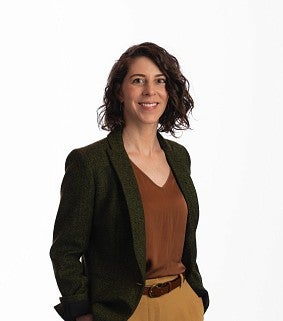
March 11, 2024-2:00 pm
Mental health solutions shouldn’t be a one-sized approach, according to recent research led by a College of Arts and Sciences faculty member.
Jo Weaver, an associate professor and director of the Global Health Program, published research in the December issue of SSM-Mental Health that examines the mental health needs of women in India. Because of the gaps in mental health care that emerge from cultural mismatch, Weaver and her research team urge health workers to prioritize culturally informed methods of distress management and address the social and structural causes of suffering rather than delivering standardized clinical mental healthcare in short-term interventions.
Under the supervision of psychiatrists, non-specialist medical providers have been offering mental health support, called “task-sharing.” To understand the impact that these efforts have had in the southwest state of India Karnataka, Weaver and her team conducted interviews with women there regarding their understanding of distress and interest in seeking care.
According to her interviews, Weaver says many of the women rarely felt comfortable seeking mental health professional care largely because they don’t view their stress through a “psychiatric lens.” In other words, they don’t interpret their symptoms to be signs of depression or anxiety even though evidence suggests women in India deal with high stress levels and unmet mental healthcare needs.

One of the primary factors contributing to women hesitating to seek mental health support is “cultural mismatch.” That’s when a person’s understanding of stress and how to treat it does not match a psychiatric model seeking clinical care when symptoms of stress arise.
While other factors such as stigmas surrounding mental health and limited access to resources also contribute to a general hesitation from women in India to seek mental health care, Weaver found that the cultural aspects are often overlooked.
“I elevate the question of cultural models in my work to say that this particular factor hasn't been taken seriously enough when considering why women don't seek clinical mental healthcare,” Weaver says.
According to Weaver, cultures around the world have different answers to questions surrounding mental health. Cultural models shape people's actions when they encounter severe distress, so Western models are not a panacea for everyone worldwide.
In the future, Weaver says she would like to see more research surrounding improving mental health care for women in India, specifically, analyzing the effectiveness of clinical care versus non-clinical care designed for and by women.
“We need to start thinking outside the box of psychiatry about supporting people's wellbeing,” Weaver says. “Rather than building psychiatric systems in places where those models aren't that well accepted, what else could we do?”
—By Bailey Meyers, College of Arts and Sciences
